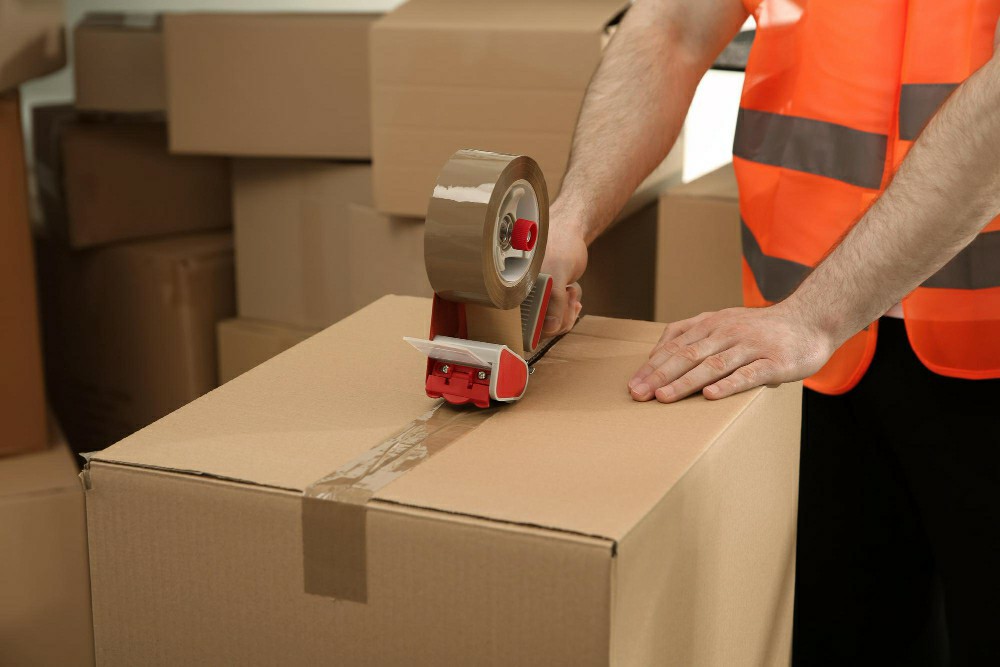


 349,500 Offered Certificates
349,500 Offered Certificates
 24/7 Online Training
24/7 Online Training
 Money Back Guarantee
Money Back Guarantee
 Fully Accredited Courses
Fully Accredited Courses

Created at: 14-11-2024 16:17
In the bustling landscape of healthcare, where every second counts, ensuring the safety of both patients and practitioners is paramount. Manual handling is an integral part of daily operations, yet it poses significant risks if not executed correctly. That’s where Manual Handling ROSPA Training comes into play.
Before delving into the specifics, it’s critical to understand what ROSPA stands for. The Royal Society for the Prevention of Accidents (ROSPA) is a prominent organization dedicated to promoting safety in various environments. Their manual handling courses are designed to equip professionals with the knowledge and skills necessary for safe practice.
Obtaining a Manual Handling ROSPA Certification is not only beneficial for individual practitioners but also crucial for healthcare institutions striving for compliance and excellence in patient care.
Statistics show that workplaces that prioritize ROSPA training see a significant reduction in manual handling incidents. By teaching proper techniques, healthcare facilities can enhance overall safety.
In Ireland, employers are required by law to ensure the safety of their staff. Enrolling in a Manual Handling ROSPA Safety Course can help fulfill legal obligations and reduce the risk of litigation.
With trained staff, patients are handled safely and respectfully, contributing to their overall well-being and recovery process.
With various options available, selecting the right course can seem daunting. Here are some factors to consider when choosing a Manual Handling ROSPA Course Online:
The advent of technology has made it easier than ever to obtain necessary qualifications. An Online Manual Handling ROSPA Course offers:
Ready to take the next step in enhancing your safety practices? Enrolling in a Certified Manual Handling ROSPA Training course is straightforward. Visit Irish Manual Handling to view available courses or contact us at [email protected] for more information.
In conclusion, the importance of Manual Handling ROSPA Certification cannot be overstated. For healthcare professionals in Ireland, this training not only enhances personal competence but significantly contributes to the overall safety culture within healthcare settings. By investing in your team’s education, you’re investing in safety, compliance, and the quality of care provided to patients.